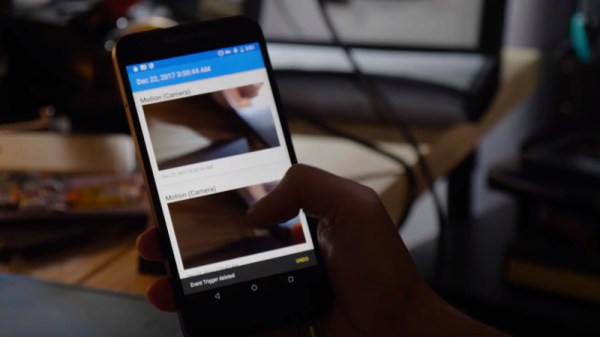Last week we covered the latest 0-day from NSO group, BLASTPASS. There’s more details about exactly how that works, and a bit of a worrying revelation for Android users. One of the vulnerabilities used was CVE-2023-41064, a buffer overflow in the ImageIO library. The details have not been confirmed, but the timing suggests that this is the same bug as CVE-2023-4863, a Webp 0-day flaw in Chrome that is known to be exploited in the wild.
The problem seems to be an Out Of Bounds write in the BuildHuffmanTable() function of libwebp. And to understand that, we have to understand libwebp does, and what a Huffman Table has to do with it. The first is easy. Webp is Google’s pet image format, potentially replacing JPEG, PNG, and GIF. It supports lossy and lossless compression, and the compression format for lossless images uses Huffman coding among other techniques. And hence, we have a Huffman table, a building block in the image compression and decompression.
What’s particularly fun about this compression technique is that the image includes not just Huffman compressed data, but also a table of statistical data needed for decompression. The table is rather large, so it gets Huffman compressed too. It turns out, there can be multiple layers of this compression format, which makes the vulnerability particularly challenging to reverse-engineer. The vulnerability is when the pre-allocated buffer isn’t big enough to hold one of these decompressed Huffman tables, and it turns out that the way to do that is to make maximum-size tables for the outer layers, and then malform the last one. In this configuration, it can write out of bounds before the final consistency check.
An interesting note is that as one of Google’s C libraries, this is an extensively fuzzed codebase. While fuzzing and code coverage are both great, neither is guaranteed to find vulnerabilities, particularly well hidden ones like this one. And on that note, this vulnerability is present in Android, and the fix is likely going to wait til the October security update. And who knows where else this bug is lurking. Continue reading “This Week In Security: WebP, Cavium, Gitlab, And Asahi Lina”
















